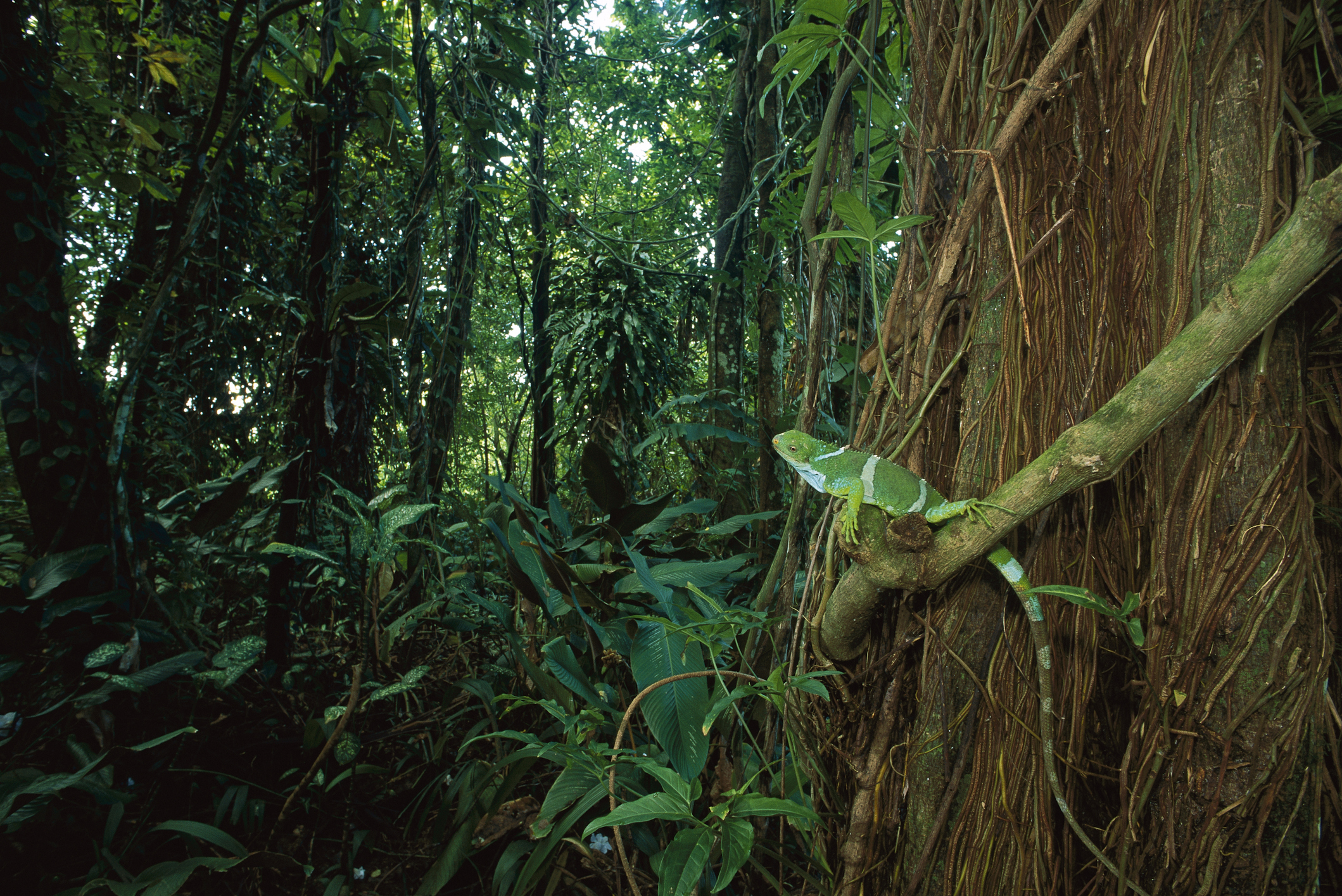
Scientists have published a number of studies observing how plants and animals shift their range slightly toward cooler temperatures in response to global warming. The hope is that even as the global warms, wildlife may be able to adapt simply by moving. But new research published in the journal PLOS Biology suggests that nearly half of the species that attempt such a move wind up extinct in that area, unable to adapt fully to a new habitat. The results suggest that moving habitats may not be an effective adaptation method in the coming decades as the Earth continues to warm by several multiples of what has already occurred, researchers behind the study say.
The scientists found a pattern of extinction across a wide variety of climate and habitats, though the phenomenon harms some areas more than others. Tropical species are among the hardest hit with 55% facing local extinction following a move compared to just 39% of their counterparts in temperate environments, according the study.
Read More: Why Restoring Nature Could Be the Key to Fighting Climate Change
Humans may be harming the ability of species to adjust beyond causing the planet to warm, the study says. Agriculture, man-made structures and other urban developments remove potential habitats and block potential paths to disperse.
The study joins a growing list of research across the globe showing a decline in biodiversity, a measure of the different plant and animal species in a given area. A study published in the journal Science earlier this year found that biodiversity has fallen to unsustainable levels across more than half of the world’s surface.
Read More: Nearly 15% of Earth’s Land Is Now Protected — but That’s Not Enough
Researchers say the collapse of local ecosystems due to biodiversity loss is about more than just saving animals. Ecosystems support humans in a variety of ways from pollination and pest control necessary for agriculture. Trees and plants also hold carbon dioxide that would otherwise contribute to climate change.
“Decision-makers worry a lot about economic recessions,” said author Andy Purvis, a professor at the Natural History Museum in London, earlier this year. “But an ecological recession could have even worse consequences—and the biodiversity damage we’ve had means we’re at risk of that happening.”
More Must-Reads from TIME
- Inside Elon Musk’s War on Washington
- Meet the 2025 Women of the Year
- The Harsh Truth About Disability Inclusion
- Why Do More Young Adults Have Cancer?
- Colman Domingo Leads With Radical Love
- How to Get Better at Doing Things Alone
- Cecily Strong on Goober the Clown
- Column: The Rise of America’s Broligarchy
Write to Justin Worland at justin.worland@time.com